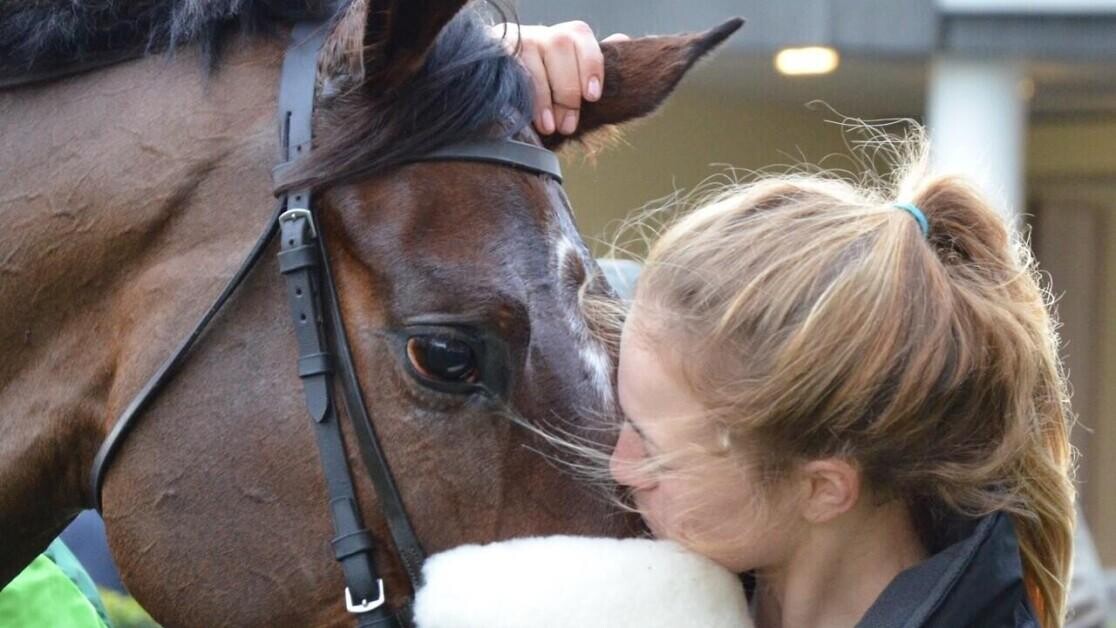
You know how punters get lost in too much data or bet blindly? I break down the stats and trends so you can feel confident you’re betting with more than just gut instinct.
To say that France Gallop have gained a bit of
attention with their recent announcement would be a bit of an
understatement, but for those that have not heard about this yet,
the news was that women riders in France will get a 2KG (slightly
more than 4lb) claim from next month.
This will work much like for conditional jockeys here, the
difference being that this is a claim only for female jockeys and
it is one that they will not lose regardless of whether they have
never won a race or if they are champion jockey. The only races
where this won't apply will be in pattern races and the daily
quinte handicap.
Reaction to this news has been understandably
mixed, one of the main voices against it has been Josephine Gordon
who described the move as offensive.
Most of the criticism seems to hang on the point that by giving
female riders a claim the authorities in France are effectively
saying that women riders are not as good as men and require races
to be weighted in their favour in order to win.
Anecdotally there is a lot of evidence that
female jockeys are not at a disadvantage to men and therefore don't
need a claim.
But there are certainly people who believe this is the case that
women are at a disadvantage. It is also possible to make an
argument that women do face a disadvantage. It is certainly the
case that we have never seen a female champion jockey in either
code, nor have we seen Grand National or Epsom Derby winner who
wasn't male.
That said, in order to have success, a jockey needs to be given the
opportunity to ride good horses. In the past it was the case that
women were not allowed to be jockeys, in the UK it was the sex
Discrimination Act of 1975 which finally gave women their
chance.
Once women jockeys were allowed, it still didn't
mean that they would often be given the chance and the story of
women jockeys has been one of slow but steady progress towards
getting the same chances as the men.
The biggest race in the National Hunt season in terms of the
non-betting public's attention is the Grand National and it is
interesting to look at the number of female riders in that
competition. The first woman rider to get a ride in the National
was Charlotte Brew and she would be the only one to get a ride in
the race before 1980.
The 80s then saw a string of women riders taking
to the saddle with Jenny Hembrow, Linda Sheedy, Charlotte Brew
(again), Geraldine Rees, Joy Carrier, Valerie Alder, Jacqui Oliver,
Penny Ffitch-Heyes, Venetia Williams, Gee Armytage and Tarnya Davis
all getting at least one ride in a decade with women riders in
every race. Things then went quiet for the nineties where the only
woman to ride in a National was Rosemary Henderson in 1994. The
2000s saw both Carrie Ford and Nina Carberry getting a ride before
we get to the current decade which has again seen at least one
female rider in every race.
The highlight so far for the ladies is probably 2012 when Katie
Wash finished third on Seabass behind Neptune Collonges and
Sunnyhillboy to win the not inconsiderable amount of just over
£100,000 for connections.
In the highlight of the flat season, there have been even fewer women who got a ride in the Derby than in the Grand National so far, possibly connected to the fact the Middle East (from where many horses are owned) is perhaps a little bit behind Western Europe in terms of womens' rights. But on a day to day basis it is far from unusual to see ladies riding horses in both codes. Last season's leading conditional jockey on the flat was Josephine Gordon, which goes to show that it is possible for a lady rider to get the rides to achieve something in flat racing.
That said though, it is certainly the case that
women get less chances than men. In January 2017 there were 596
different jockeys that got at least one ride in the UK and Ireland
under rules. 84 of them were women meaning that women make up about
14% of jockeys. Between them the jockeys had a total of 7720 rides
but women jockeys only rode 491 of them.
So whilst women jockeys make up 14% of the population of jockeys,
they only got just over 6% of the rides. In the next part of the
blog I will be putting forward my argument for why a claim for
women jockeys could be a good idea.



